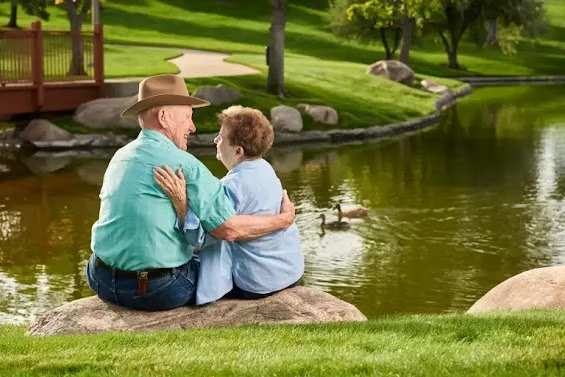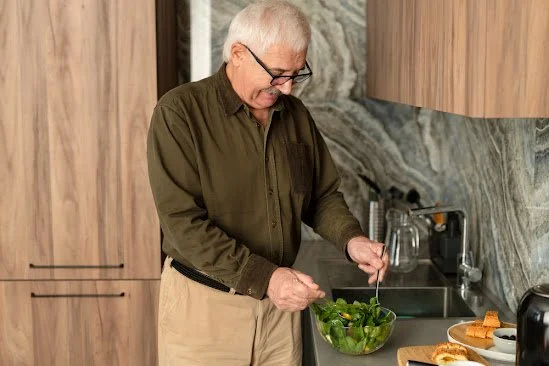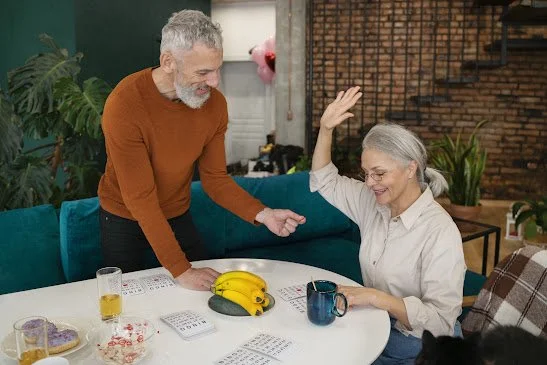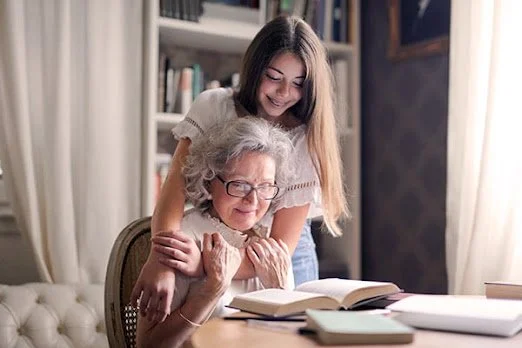Products to Enhance Quality of Life for Older Adults
It seems as if every day the market offers more and more tech devices, gadgets and mobility aids designed to keep older adults moving and give them as independent a lifestyle as possible. Mobility aids include everything from canes and walkers to fall prevention items, wheelchairs, personal scooters, powered wheelchairs, transfer devices and more. The range of products is huge as in the example of walkers. While there are two basic types, standard or rolling (sometimes called rollators); the selection is varied and includes many options and add-ons such as seats and storage baskets.
Technology devices include a variety of products like health monitoring systems and cognitive aids to keep seniors safer and more connected. Today’s SOS alerts systems and fall detectors enable seniors to get help when and where they need it. Amplification devices make it easier to hear the TV, and phones are designed to be easy to use and see. Electronic medication reminders help seniors stay on track with daily meds.
Products such as shower chairs, grab bars and raised toilet seats can make a bathroom safer for seniors and help avoid falls. Ergonomic, adaptive kitchen tools are designed for seniors with arthritis and weak hand grip strength. These include specially designed bottle, cap and jar openers; and scooped plates and bowls to reduce movement.
Adaptive, light-weight tools for gardening enthusiasts also make it easier to dig in the soil and reduce hand and wrist fatigue while weeding. Raised beds and trellises eliminate the need to get down on the ground, and a rolling gardening chair cart makes it easier to get around. Thick kneeling pads are designed to more comfortably knee or sit on the ground, a few even offer cup holders and pockets for tools. Check out the Internet for other useful items.
At MorningStar at Bear Creek, we proudly offer the Colorado Springs area individualized memory care. If you are a family member searching for quality care for a loved one with memory impairment, we encourage you to consider MorningStar. Along with purposeful activities and wellness programs, each resident receives daily health monitoring; 24/7 care from our expert team; and access to licensed nurses and other supportive third-party providers. Contact us or visit our website to learn more on our alzheimers care.
MorningStar at Bear Creek brings a unique vision to senior living with our mission statement “to honor, to value, to invest.” Our foundation is built on honoring God, valuing all seniors and selecting staff with a felt calling to serve. We create a true home for residents within an ideal setting and invite you to schedule a tour to see firsthand our loving memory care in Colorado Springs, CO.











